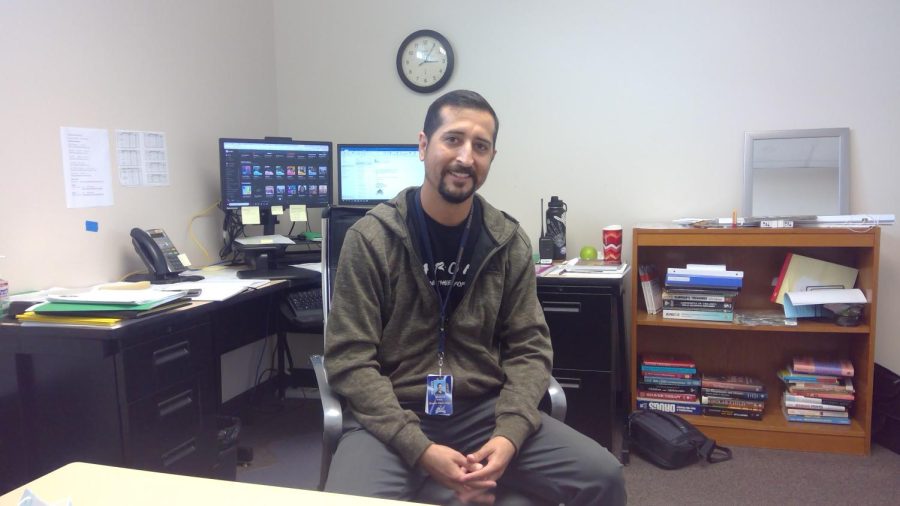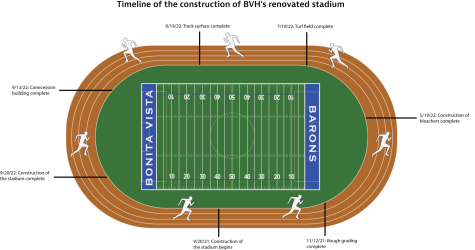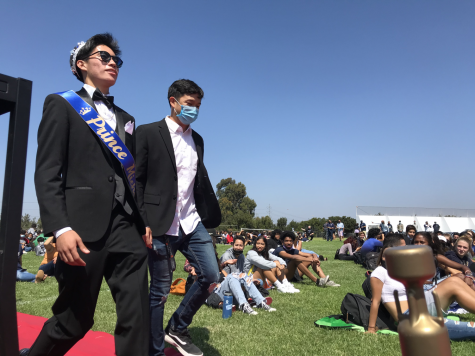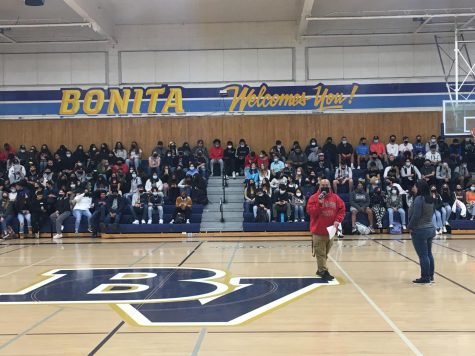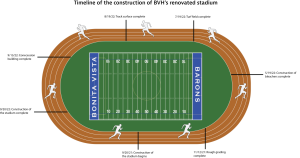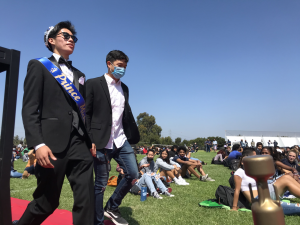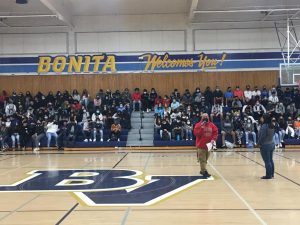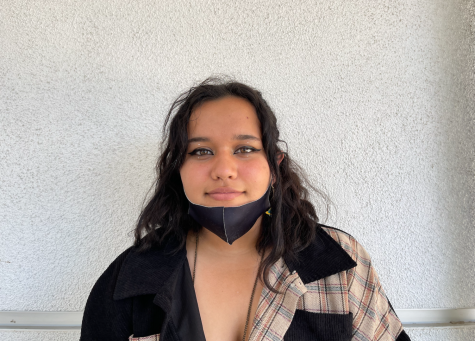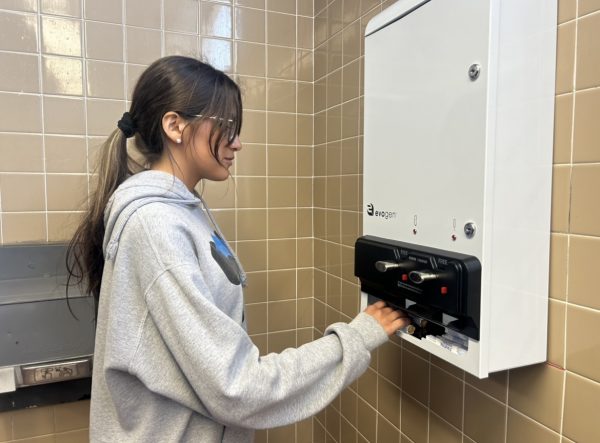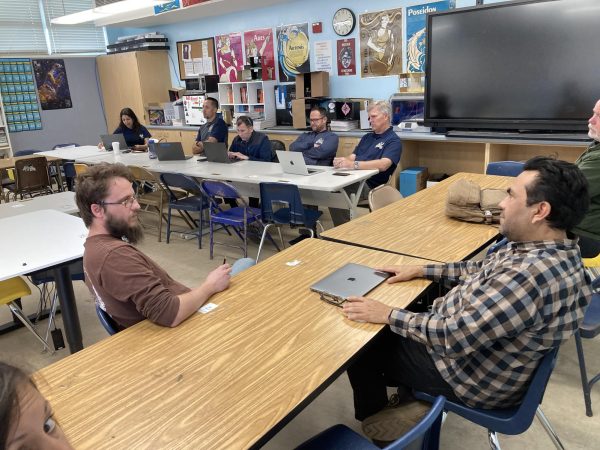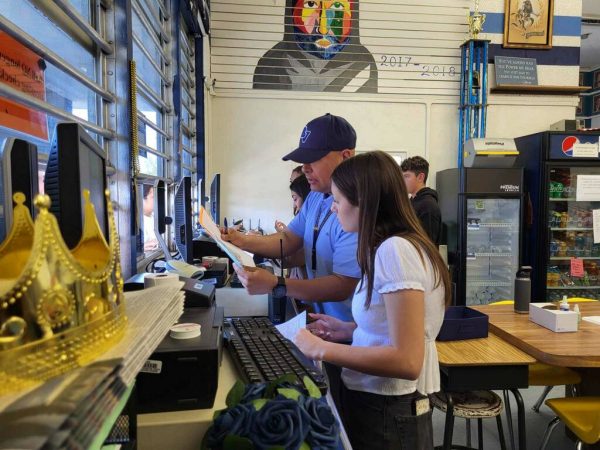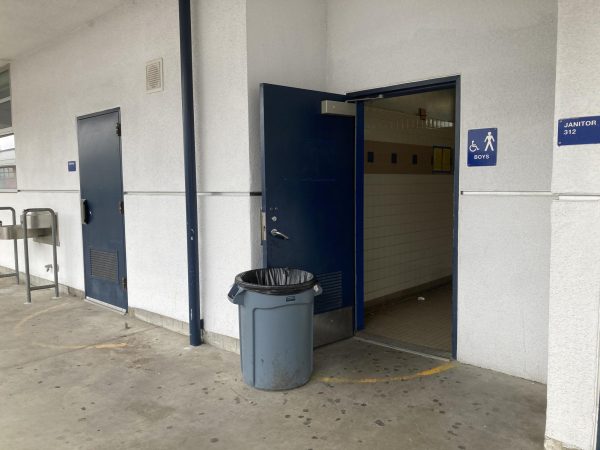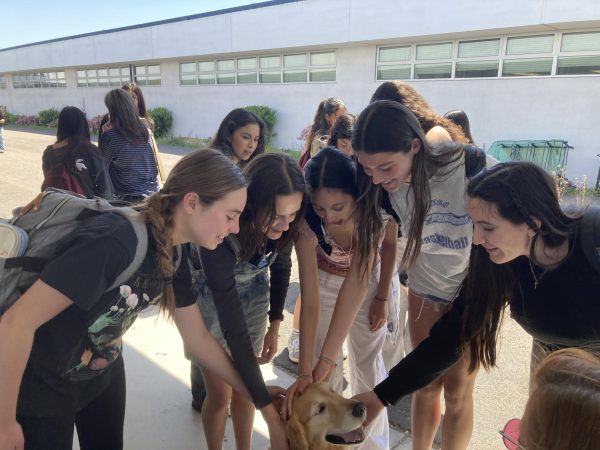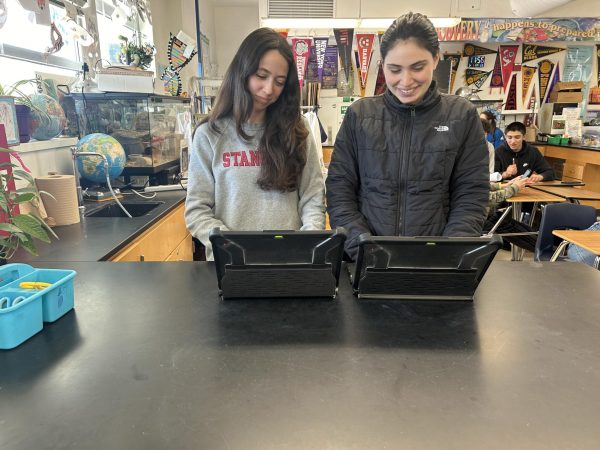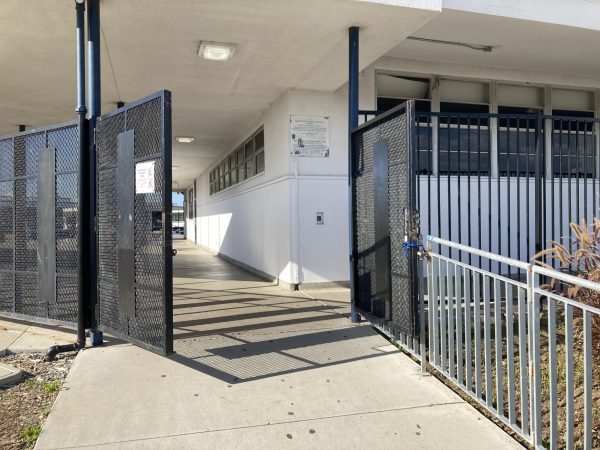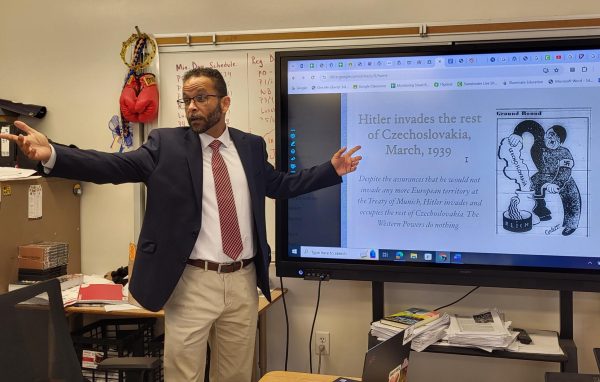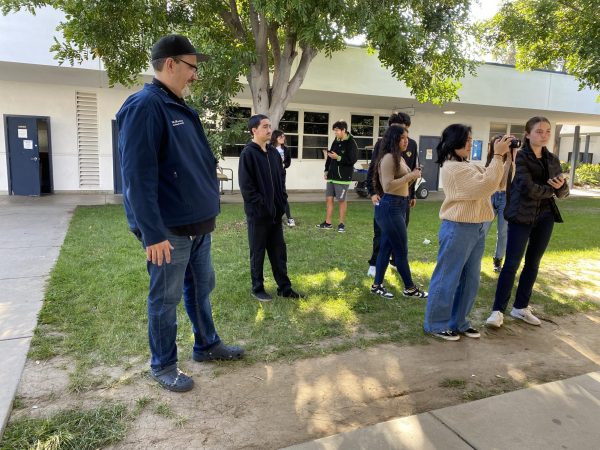BVH welcomes two new psychologists
Manuel Paul, one of the two new psychologists at Bonita Vista High school, smiles generously after his interview.
October 18, 2021
At the beginning of the 2021-2022 school year, Bonita Vista High (BVH) welcomed two special education psychologists, Alvaro Chavez and Manuel Paul, into the BVH community. In previous years, BVH had only one full time psychologist however now with two, more students are able to receive help. Fortunately, both psychologists had a smooth transition into BVH’s student oriented environment.
“Our Special Ed department here at the school is fantastic. I love the staff that I work with, the teachers are amazing, the support staff is just as good and the students are fun to work with,” Paul stated.
Chavez and Paul specialize in supporting students with special needs and work with individualized education plans (IEP). According to the U.S department of education, an individualized education plan’s purpose is “to improve educational results for children with disabilities.”
Having two psychologists allows students to receive help more efficiently. In some cases they handle the same work, such as assisting students with IEPs and providing interventions. Interventions are a unique set of teaching procedures, to help any student succeed in the classroom per Special Education Guide. On the other hand, part of their workload differs as Chavez works with students who have mild to moderate disabilities, whereas Paul works alongside students who have moderate to severe disabilities.
Chavez and Paul have had the opportunity to collaborate with teachers and faculty regarding the special education program. They made sure that a master schedule was available for students. “A school’s master schedule defines which teachers meet with which students, for how long, and about what topics,” Education Resource Strategies (ERS) stated.
Along with master schedules, Chavez and Paul utilize their position by creating an environment in which they make teachers and students alike compliant with their IEPs.
“Psychologists really are the the stewards of making sure we are compliant with the individual education plans of our students with disabilities,” BVH Principal Roman Del Rosario, Ed.D said.
We have a lot of things that compete for our young people’s minds, but the youth is the future. — Alvaro Chavez
Chavez and Paul both work towards creating an efficient learning environment for those in the special education program. The two strive to guide students in the best direction possible by making accommodations, such as having students sit close to the front, allowing them to retake make-up tests multiple times or providing them some leeway in turning in late work. Both psychologists work with their students who have IEPs in order to provide them the best path, especially for students who rely on them.
“That’s how we help students, getting them the right support,” Chavez said.
Paul and Chavez help students in the short term but also in the long term. The program provides a smooth transition from students’ high school life to college, adulthood and beyond.
According to Chavez, students with severe disabilities have the opportunity to stay in the program until they are 22 years of age. “There is an emphasis [on teaching students how to] access community job sites, be able to transport safely and [teaching them] communication skills so they can be successful in a community environment,” Chavez said.
Having these types of opportunities available for students sparked Chavez’s concerns about not having enough resources for the program. Since BVH has a large population of students with disabilities, this concern was one of the common difficulties he faced. There is not enough support for the students to work efficiently and proactively.
“Having more resources available, I think could open up more one-on-one proactive support,” Chavez said.
Chavez communicated that supporting adolescents would be supporting the future. In order to aid and encourage students in the most efficient way possible, it takes a village. The counselors, psychologists and other faculty members have come together to figure out the best course of action to help students with disabilities.
“The most important priority of the nation should be our youth. [We need] to get them all the support they need, to point [them] in the right direction,” Chavez said. “We have a lot of things that compete for our young people’s minds, but the youth is the future.”

